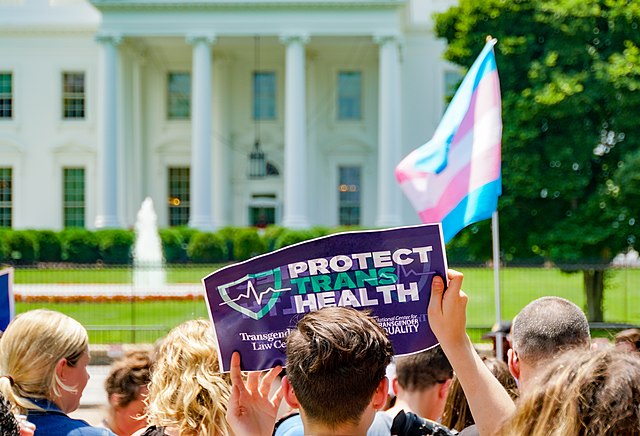TGEU on the New Standards of Care 8 for Trans and Gender-Diverse People

In September 2022, the World Professional Association of Transgender Health (WPATH) released the new Standards of Care 8 (SOC8) for trans and gender-diverse people. The SOC8 is widely considered to be a significant improvement to the previous SOC7.
The SOC8 continues to provide technical guidance on different aspects of trans-specific healthcare like mental health, hormone replacement, and surgical care. The 18 chapters cover a range of topics, such as a new division of chapters on adolescents and children, a more detailed section on sexual and reproductive health, hormone treatment, surgical care, and intersex people, among others. At the same time, it makes a number of important remarks about human rights principles and medical ethics in the provision of trans-specific healthcare.
It is challenging to comment comprehensively on the SOC8 considering the wide range of aspects it considers. In this post, we briefly review a few important aspects of SOC8. Both the positive and concerning aspects are highlighted.
Depathologisation
The SOC8 follows the depathologisation of trans identities first recognised in the ICD-11. The ICD-11 moved gender incongruence from the chapter on mental and behavioural disorders to the chapter on sexual health in 2019. This is significant as a psychiatric diagnosis is no longer a prerequisite to access trans-specific healthcare.
The SOC8 first refers to this new standard in the chapter on Global Applicability and incorporates depathologisation as a basis for the rest of the document. Nevertheless, there are important criticisms on how the drafting committee did not recognise depathologisation to the full extent in the chapters on care provision for adults and adolescents.
Reproductive health
Sexual and reproductive health received more attention in this version. For instance, SOC8 states that a wide array of information on the use and cessation of hormones and its impact should be provided to trans and gender-diverse people with a uterus who may wish to carry a pregnancy. This includes information on:
- fertility
- pregnancy care
- labour and delivery
- chest/breast feeding support,
- postpartum care.
It also encourages making assisted reproductive technologies available to trans people who wish to have children.
Detransition
The SOC8 undertakes some level of myth busting on trans-specific healthcare. It takes a clear position on the claim that there is a concerning increase in the number of individuals who choose to detransition. According to the SOC8, individuals might detransition for reasons unrelated to their experience of gender. It continues that decisions to detransition should not automatically be equated to regret or confusion and should not devalue a person’s previous decision to transition.
Adolescent care
Perhaps the most significant change for trans-specific healthcare in the SOC8 is the new chapter on adolescents. This chapter attempts to balance:
- a human rights approach
- ethical healthcare
- the needs of the child
- ongoing opposition to healthcare for young trans people.
A human rights perspective is central to this chapter. An adolescent’s right to participate in their own decision-making around health includes decision-making on access to gender health services. The SOC8 also acknowledges that gender diversity is normal and expected within the broader diversity of the human experience. This is also why the SOC8 dedicates space to evaluating what an informed consent approach to trans-specific healthcare for young trans people would look like and attempts to lay down guidelines and standards.
However, there are also concerning observations in this chapter. These could be the result of efforts to temper the likelihood of opposition to the new standards. Even as it rejects the terminology of ‘rapid onset gender dysphoria’, the SOC8 reinforces marked and persistent gender dysphoria as a standard essential for offering care. It states that a superficial change in gender identity or lack of persistence requires further assessment, without explaining what superficial change means.
Concluding remarks
The different sections of SOC8 require a thorough and comprehensive review by healthcare professionals and trans organisations. It is not a perfect document. Trans activists have already pointed out specific concerns, only some of which are highlighted here. However, the SOC8 is important for its commitment to depathologised trans-specific healthcare and acknowledging the significance of trans-specific healthcare for young trans people.
Standards of Care for the Health of Transgender and Gender-Diverse People, Version 8: full text